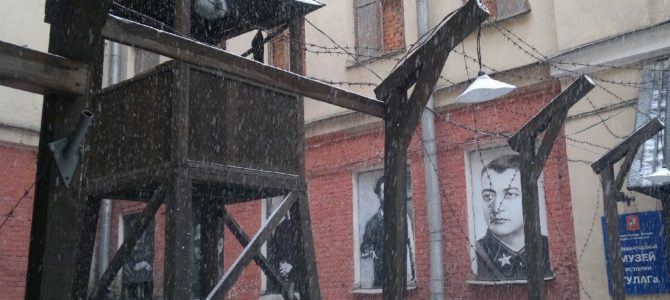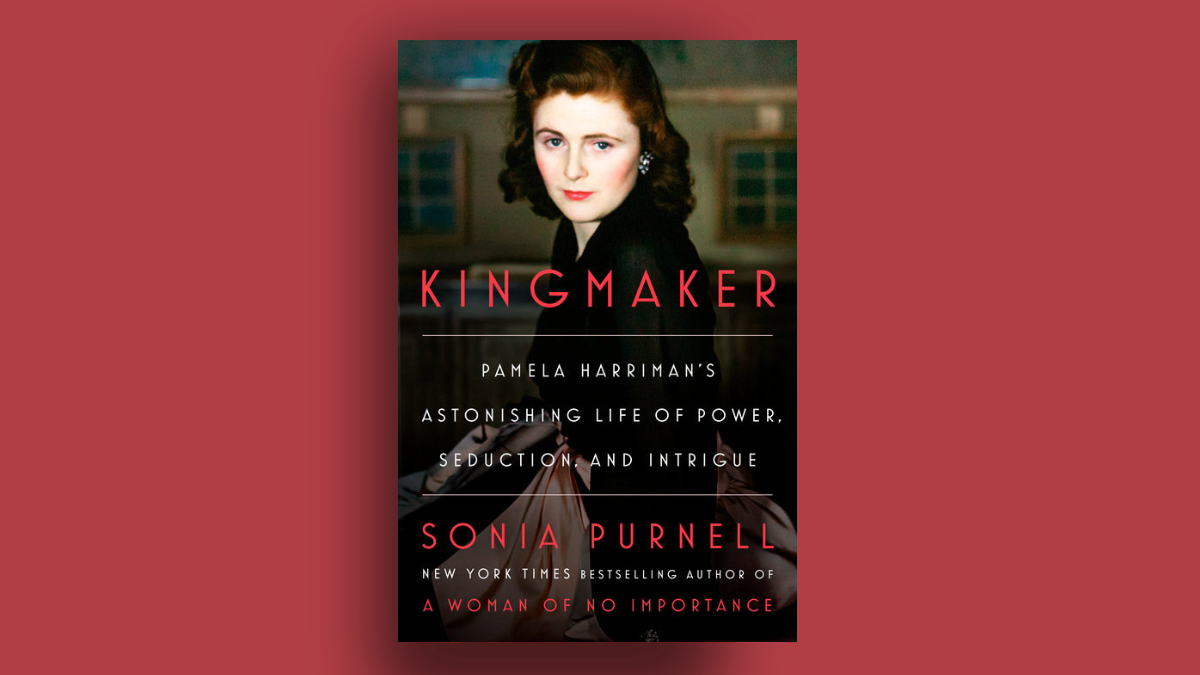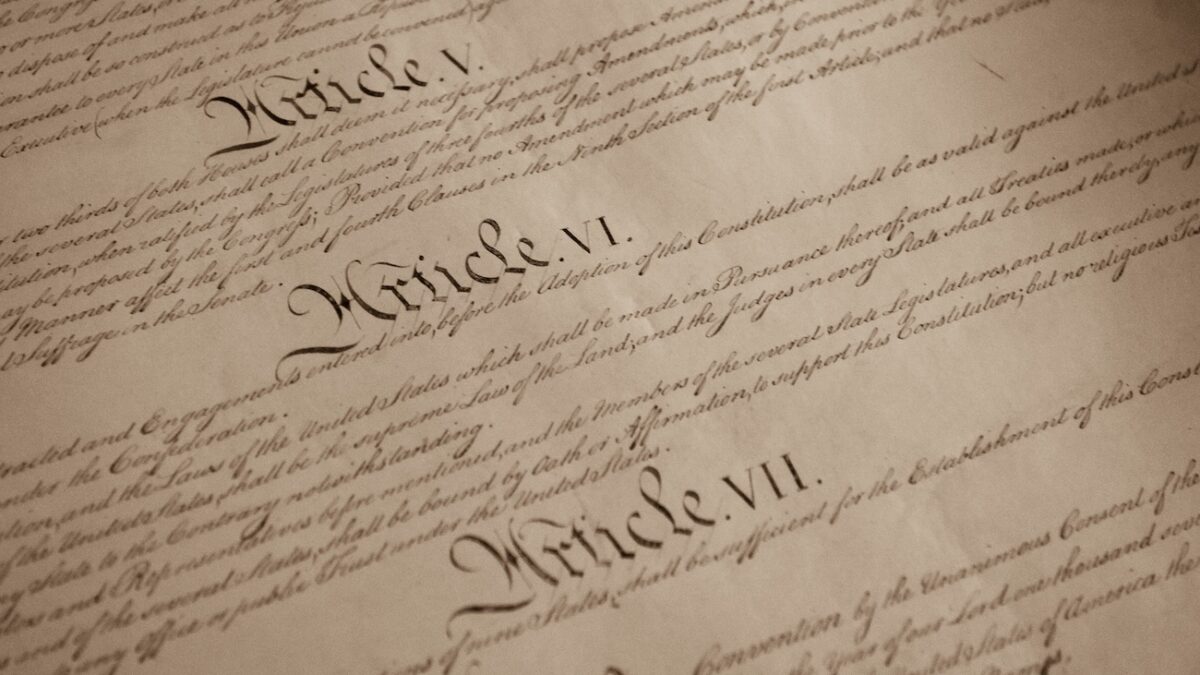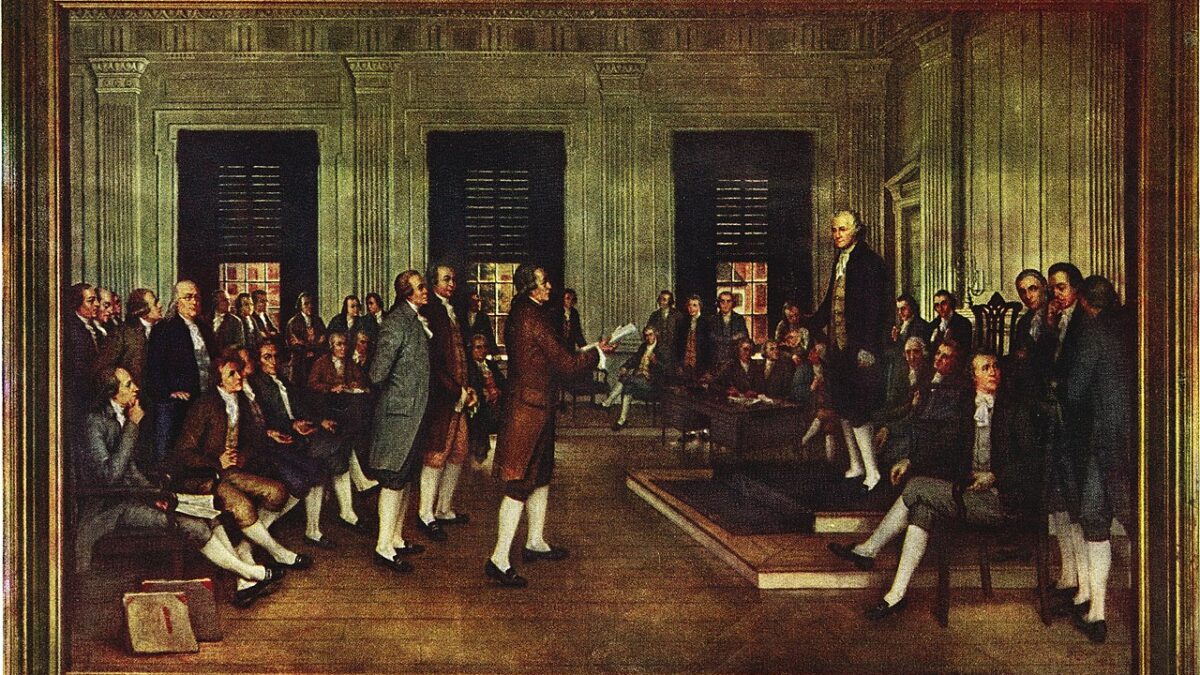
When you cross the border into Albania, you’ll notice small concrete domes with long, narrow windows. These military bunkers are everywhere in Albania—more than 750,000 exist—and are a constant reminder of the oppression the country faced under the communist rule of Enver Hoxha.
Albanians during Hoxha’s rule lived in fear of constant surveillance and nearby snipers. Hoxha also exercised control by banning religion and foreign travel and imprisoning approximately 200,000 of his citizens. His communist regime was so bad that life for the general population has been compared to life in a labor camp.
When my family drove across Albania six years ago, the presence of the bunkers answered many of our questions about the difference in habits, thinking, and social behaviors between Americans and citizens of former communist countries. We could not help but feel grateful for the rights and freedoms our homeland affords.
The New York Times, however, argued this week that our memories of communist Europe—the food shortages, the secret police, the lack of freedom—do not provide a complete picture of life then. As part of Red Century series exploring the history of communism, professor of Russian and East European studies at the University of Pennsylvania Kristen Ghodsee wrote that the “Eastern bloc women enjoyed many rights and privileges unknown in liberal democracies at the time, including major state investments in their education and training, their full incorporation into the labor force, generous maternity leave allowances and guaranteed free child care.”
I’m So Liberated I’m Going to Flee
The one advantage Ghodsee claims goes largely unknown: women in communism supposedly enjoyed better sex lives. Ghodsee even asserts “they owed this quality of life, in part, to the fact that these regimes saw women’s emancipation as central” to their communist societies.
I wonder how emancipated she’d feel if she woke up one morning with a wall cutting her off from her family members on the other side of the city. I’m sure the people who died trying to escape from East Germany at the Berlin Wall didn’t feel compelled to risk being shot in the head because they felt so “emancipated.”
I don’t know how one can examine communism and come to the conclusions Ghodsee has. If you ignore the complete lack of freedom, the extreme poverty, the labor camps, and the millions who died at the hand of communist rulers, maybe you could be deceived into believing the propaganda about equality between the sexes and an elimination of the classes. Or perhaps if equality is your ultimate goal, then you’re happy when people are equally miserable.
The social programs under the communist government—the equal access to education, free child care, paid maternity leave, and zero unemployment—dressed up a wolf in sheep’s skin. Indeed, communism promised to build a perfect state, but to do so the countries behind the Iron Curtain used the gulag, labor camps, secret police, and firing squads as its main tools of construction.
Communist Poland might have seemed successful in equalization at the surface. In reality though, instead of providing rights and liberties “it was so intolerably politically repressive that everyone, regardless of sex, thought mainly about escape.” Zoe Williams explains that despite the difficulties for women since the fall of communism, the Polish have “no nostalgia for those years – least of all among women themselves. It appears that – in the hierarchy of political needs – freedom of movement, freedom of expression, all the freedoms of even an economically straitened democracy, are more important.”
Stop Lying: Communism Is Living Hell
A lack of freedom during communism, coupled with a growing lack of resources and food, led to disastrous results for the European communist countries. Even if people did have money to spend, there was nothing on the store shelves to buy. Life expectancy in the Soviet Union became six years less than in the west and continued shrinking at the same time it was growing in western Europe. Infant mortality was three times higher, and death rates rose rapidly for every age group.
Historian Robert Conquest helped expose the horrors of communist regimes. His book, “The Black Book of Communism,” reports that in the twentieth century the ideology “claimed 45 million to 72 million in China, 20 million in the Soviet Union, between 1.3 million to 2.3 million in Cambodia, 2 million in North Korea, 1.7 million in Africa, 1.5 million in Afghanistan, one million in Vietnam, one million in Eastern Europe, and 150,000 in Latin America.”
The atrocities of communism continue today. China, Cuba, and North Korea are among the countries where citizens are atrociously oppressed at the hands of communist regimes. Communism did not and will not provide rights and freedom to people. The empty promises of equality under communism caused great suffering then and continue to provide extreme hardship today. To say otherwise is to lie and ignore what history has shown us.
My family once got to eat a meal with a Romanian man who had defected to the United States in the 1970s when he was a young man. He had hidden a Bible under a loose floor board in his parents’ house and been found out. When a friend told of the threat of imminent arrest, he believed his only option was to escape communist Romania or die trying. He said farewell to his loving family, knowing that regardless of what happened to him, he’d never see them again. Without anything but the clothes on his back, he started the long and dangerous journey to freedom in western Europe and eventually the United States.
His story, and the story of all who attempted escape from the Eastern bloc, illustrates an important reminder of life under communism. Free, liberated people don’t have to escape.









